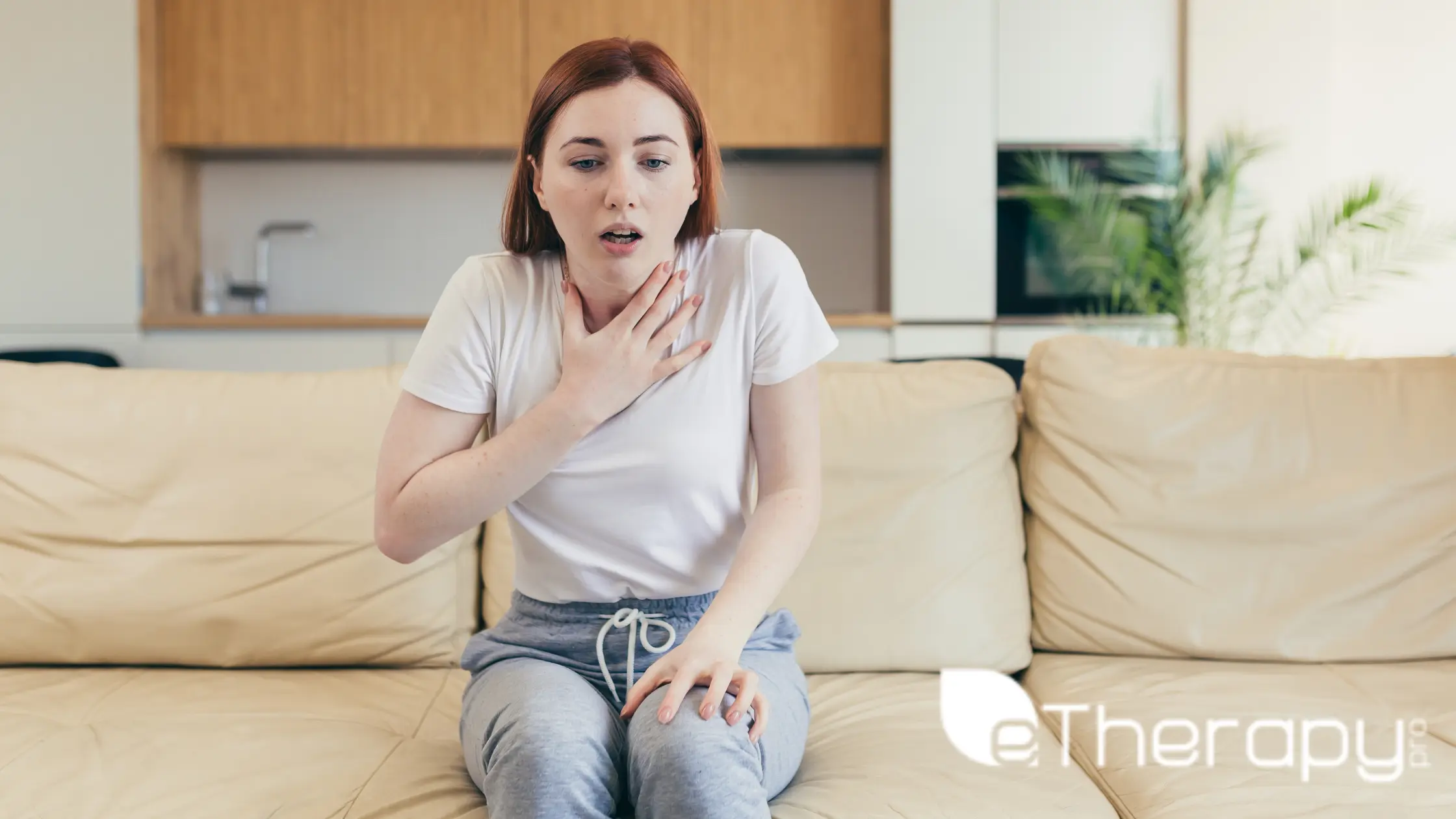It is never easy to manage life with anxiety, frustration, and pain. Many people learn how to suppress their desires. In the long run, when the anxiety starts appearing very frequently, the joy of life is lost, and you will be unable to sleep peacefully. All your confidence will evaporate. So, it is very important to understand anxiety. It is not easy to understand anxiety, but once you learn how to handle anxiety, life will surely become very easy. You can also take the help of the free online counseling chat 24/7 service. Explore the options that are present around you and choose the method to bring your life back to normalcy.
Become stronger and smarter
Some people become smarter and stronger after encountering anxiety at frequent intervals. Anxious people think about the problem and come forward with a very good solution. The thinking ability of such people is far superior. It is good to analyze the situation and do the necessary research. Explore the available options and do not lose your emotional balance. It is generally seen that those who are emotionally strong easily face all the problems.
Overpower all your fear
The word fear is purposely designed so that people can maintain distance from all types of dangers. Protect yourself from danger, but take small risks in life. Maybe you will get a very good reward in life. Try to come out of your comfort zone. Of course, the comfort zone is a very pleasant position, but those who take small risks in life always win the race. It can be said that anxiety is a very annoying friend, but, this friend will teach you a lot of things. Become practical and learn to control your thoughts. When anxiety, stress, and depression overpower our minds, we become confused. Your thoughts and actions will start deviating from the original plans. Fear has the power to stop us from achieving the things that we want in life. Our social life is also disturbed due to fear. Make conscious decisions and learn how to respond to fear or anxiety.
Do not divert your attention
When the mind is under the influence of anxiety or depression, we are unable to make the correct decision. Certain aspects divert our attention. Anxiety can kill all the enthusiasm in life. Take help from the anxiety counselor if it appears as if the situation is not under your control. Give proper attention to such things that are important in life. Address your problem in the beginning. Do not allow your problems to flourish. Get help from an online therapist who can help you to fight all odd situations and problems. A therapist can give your life the correct direction.
Find the value and aim of life
From a very young age, you must find the value and aim of your life. Do not waste time and start finding your goals. If you are not achieving any big goals in life, it can lead to anxiety as well as depression. If you have some core values in life, do not get deviate from them. You will find all types of people in life. Some of them are very dishonest, and others are very honest. So, become aware of your personality, and find yourself in your thoughts.
Discover your true potential when you face anxiety
Many people admit in their old age that they realized or identified their potential only after encountering their worst fears. You will achieve something in life only when success is the sole option. You must believe that failure is not an option. Achieve your goals and always remember that anxiety has the power to motivate us. Do not take the negative pressure of anxiety. It is also said that anxiety provides us with energy, but you must discuss your problem with an anxiety counselor. A healthy discussion will take your life in the correct direction.


